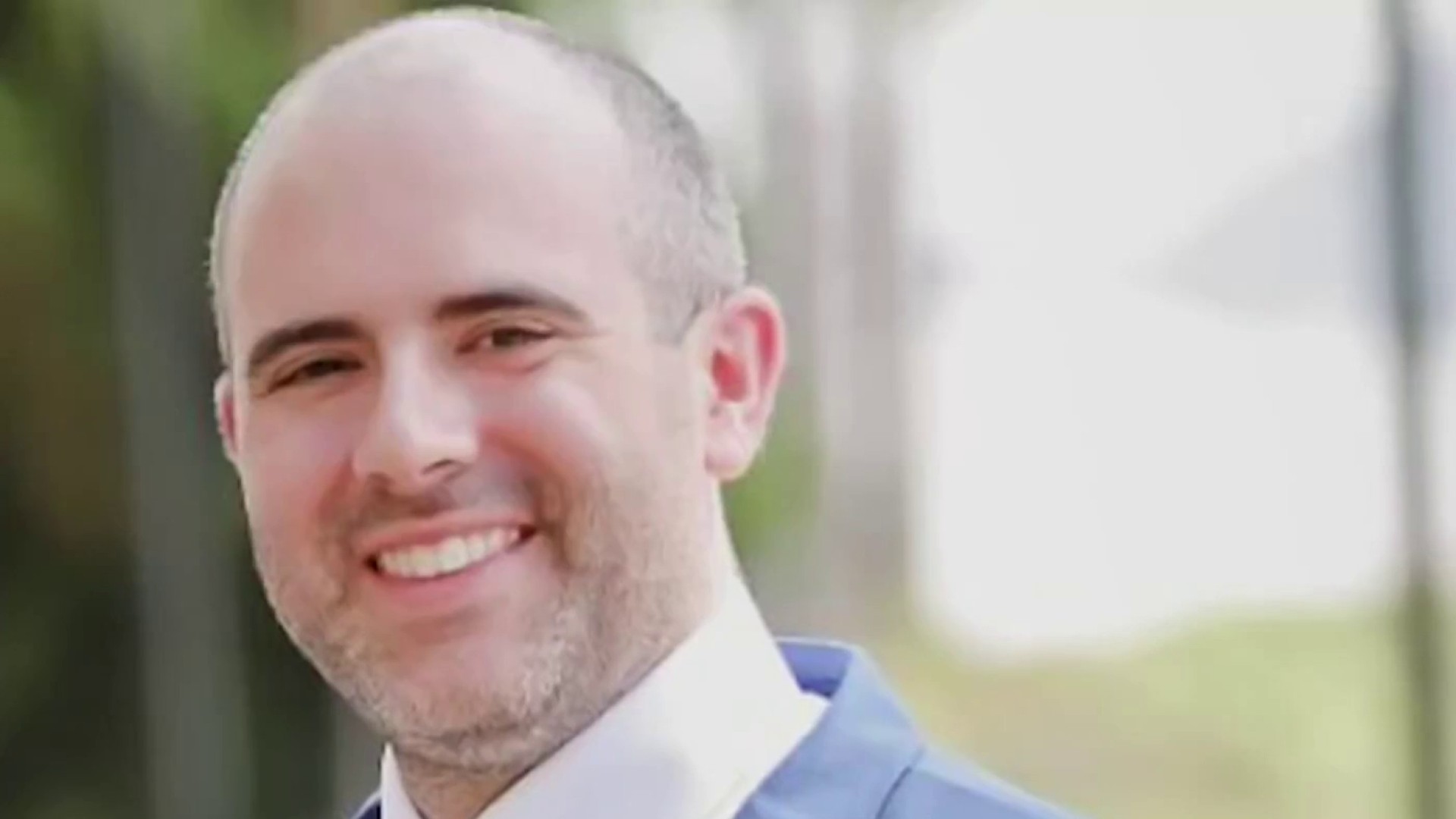Attorney General Mark R. Herring says Virginia will receive $356,779 for its participation in a settlement with AT&T.
The telecom giant will pay a hefty $105 million settlement after the government accused the company of unlawfully billing wireless customers for tens of millions of dollars in bogus charges -- a practice known as cramming.
The Federal Trade Commission said Wednesday that AT&T Mobility LLC, a subsidiary of AT&T, billed millions of customers for charges from third-party companies for services people never asked to receive or were duped into subscribing to -- things like horoscope texts or flirting tips. The fees were usually small -- $9.99 a month -- and were not easy for customers to find on their bills.
According to the complaint, AT&T kept at least 35 percent of the unauthorized charges it imposed on customers, who will now be able to get their money back. The multi-agency settlement includes $80 million that will be paid to the FTC for consumer refunds.
An additional $20 million in penalties and fees will go to 50 states and the District of Columbia. Another $5 million will be paid to the Federal Communications Commission.
In a statement, company spokesman Fletcher Cook said that despite rigorous protections by the company, some customers were billed for services they did not authorize, such as ringtones from other companies. Last year, he said, AT&T discontinued third-party billing for premium services, which typically rely on text messages sent to consumers to initiate charges.
The settlement gives customers who believe they were wrongfully billed for premium services the ability to get a refund, said Cook.
The third-party fees were listed on wireless bills as "AT&T Monthly Subscriptions," which the FTC said left customers thinking that the charges were part of services provided by AT&T.
Local
Washington, D.C., Maryland and Virginia local news, events and information
Sometimes the third-party companies would randomly pick phone numbers of people to sign up for their ringtones or texts without their knowledge or consent. Other times, the third-party vendors might offer gift cards, telling would-be recipients that they need to enter a contest for the card by providing their cell number and then texting back a certain pin number. The vendors then began charging customers' phone accounts for recurring charges unrelated to the gift-card offer.
Under terms of the settlement, AT&T will now be required to get consumers' consent before placing any third-party charges on their bills.
Herring says the amount of refunds that Virginia consumers will receive for improper charges hasn't been determined.
AT&T released the following statement:
In the past, our wireless customers could purchase services like ringtones from other companies using Premium Short Messaging Services (PSMS) and we would put those charges on their bills. Other wireless carriers did the same.
While we had rigorous protections in place to guard consumers against unauthorized billing from these companies, last year we discontinued third-party billing for PSMS services.
Today, we reached a broad settlement to resolve claims that some of our wireless customers were billed for charges from third-parties that the customers did not authorize. This settlement gives our customers who believe they were wrongfully billed for PSMS services the ability to get a refund.
Customers who believe they are eligible for a refund can apply by visiting the FTC’s website.



